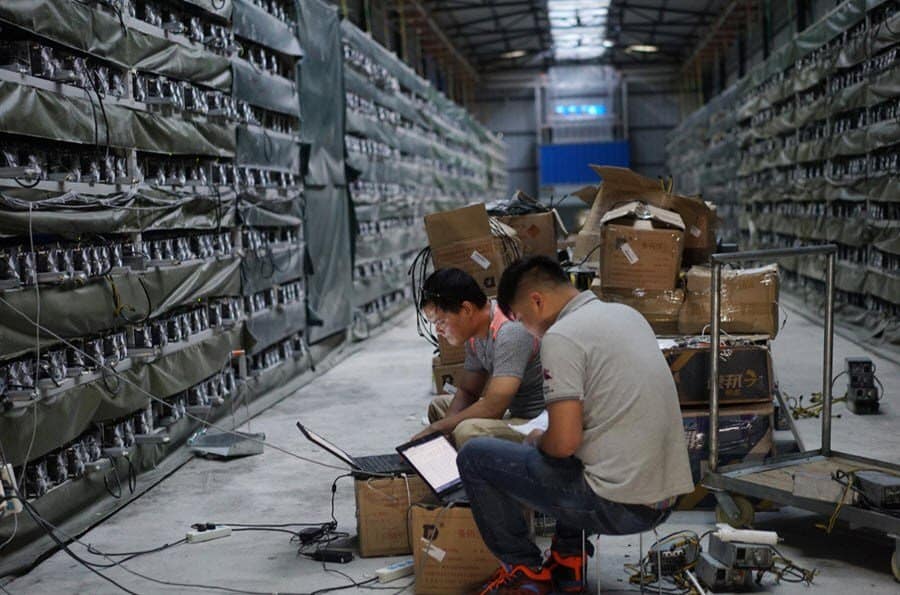
China's hold on cryptocurrencies
On Monday, the blogger krypton Colin Wu industry has tweeted that the miners in China have had to struggle to pay for electricity after the authorities have started to crack down on brokers over-the-counter (OTC) in the country.
The tweet states that "74% of the miners surveyed told Wu that paying their electricity bills was heavily affected." China recently started blocking bank accounts and payment cards involved in cryptocurrency purchases. quotations in real time) and investigated the two largest brokers, Zhao Dong and Xu Mingxing, Wu wrote in a post.
Currently it is a "challenge" for Chinese miners convert bitcoins or tether in yuan because "many of their bank accounts were frozen during the exchange of criptovalute OTC platforms," said Thomas Heller, former global business director at the mining pool F2Pool and now COO of the mining and multimedia company HASHR8.
Chinese miners looking for alternatives to moving abroad
In June, Chinese authorities stepped up efforts to block bank accounts that could be linked to illicit activities such as money laundering with cryptocurrencies. However, Heller downplayed the extent of any exodus of miners from China, even though HASHR8 is currently helping some operators move their businesses, most to Russia but some to Kazakhstan.
"Most Chinese miners are mostly only familiar with the Chinese market, so it's hard for them to move overseas and start mining," Heller explained. “The crackdown on OTCs in China is another factor that could make overseas mining more attractive, however this alone is not enough to push them overseas.
Rather, they would try to find possible alternative solutions ”. Meanwhile, some operators are unplugging their mining machines, Wu wrote in a post. "There are also miners who have claimed that their mining machines have been standing still for a month as they cannot sell the cryptocurrency to pay their electricity bill."
Some OTC companies that specialize in serving mining companies "have also closed their business," Wu wrote. Most of the largest mining pools are based in China. An interactive map from Cambridge University's Center for Alternative Finance shows that the nation's miners currently account for nearly 72% of the average monthly bitcoin hashrate, which is the computing power dedicated to supporting the network.
